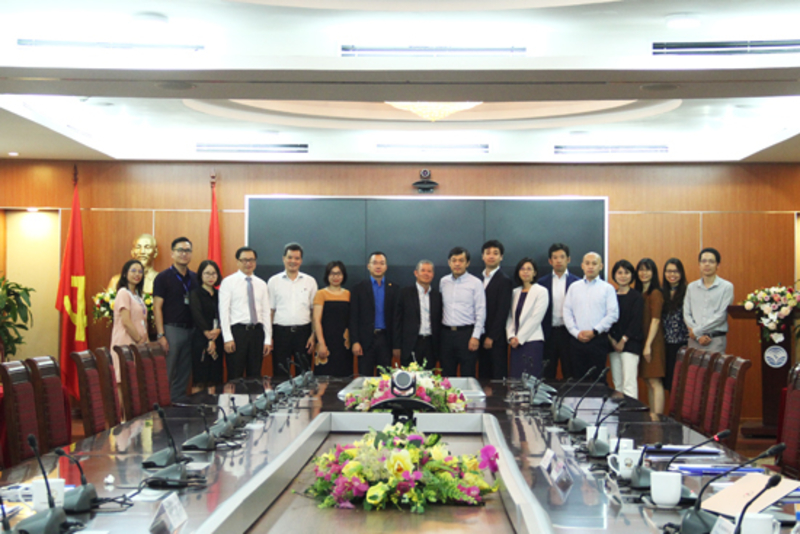
The Vietnamese Ministry of Information and Communications (MIC) and the Japan International Cooperation Agency (JICA) held the first joint coordination committee meeting on information security.
At the session, the two sides decided to strengthen support for a project that raises awareness about information security and law enforcement capacities for the same in Vietnam.
The Deputy Chief Representative of JICA Vietnam Office, representatives of the Japanese Embassy in Vietnam, and Japanese cybersecurity experts attended the meeting.
According to a MIC press release, around the world, network security is the most important problem in the context of digitalising and implementing an e-government that creates a digital economy.
Over the last few years, MIC’s cybersecurity units have worked closely with Japan and shared their experiences, especially in this current project.
At the meeting, the two sides reported the project implementation progress and exchanged ideas and tech solutions.
Earlier, the two sides discussed the efforts that have been made to develop an IT workforce. The Vietnamese Prime Minister said that the country wants Japan’s leading universities, institutes, and IT enterprises to support its efforts to develop programmes to research technologies like blockchain, cloud computing, and cybersecurity.
The Minister also proposed that Japan support Vietnam in updating the standards for professional IT human resources.
Over the past year, Vietnam has been collaborating with various governments through tech-related initiatives.
The government has said that it values co-operation between the government, businesses, and academics in strengthening the process of training human resources in IT. Collaboration is seen as one of the key solutions to improve training speed, quality, and to meet the requirements of the technology industry.
In July, MIC held an advanced cybersecurity training course in Havana, Cuba. Vietnamese instructors provided lectures and instructions on malware prevention, web attacks, guidance on how to build a national network security management centre, network security for telecom service providers as well as specific issues that Cuba is interested in.
Earlier this month, the country announced it would work with Hungary in telecommunications. They agreed to cooperate to connect e-commerce and logistics among businesses in the two countries and promote the realisation of cooperation agreements, as OpenGov reported. The event also included exhibitions of ICT products, equipment, applications, services, and high-level policy forums.
Also, last week, Vietnam and Australia held a workshop to share and exchange experiences and lessons learnt from current planning and policy approaches to smart cities in both countries. The workshop attracted participants from government departments, urban planning and design industries, universities, and research institutions for smart cities in Vietnam.
Ho Chi Minh (HCM) city is Vietnam’s most recent smart city. On 23 September, the government announced that all the city’s 24 districts will have IoT broadcasting stations installed this month. Around 1,000 Narrow Band-IoT (NB-IoT) broadcasting stations have been activated, covering the whole city.
NB-IoT technology is capable of disconnecting a device when it is inactive. Thus, the contact time of the terminal is extended to five years without the need for changing the battery.
Furthermore, 5G base stations have been set up in Ward 12 in the city’s District 10.
The official broadcast of 5G in HCM is an important milestone in the government’s strategy to make Vietnam one of the first countries in the world to commercialise 5G services.
















